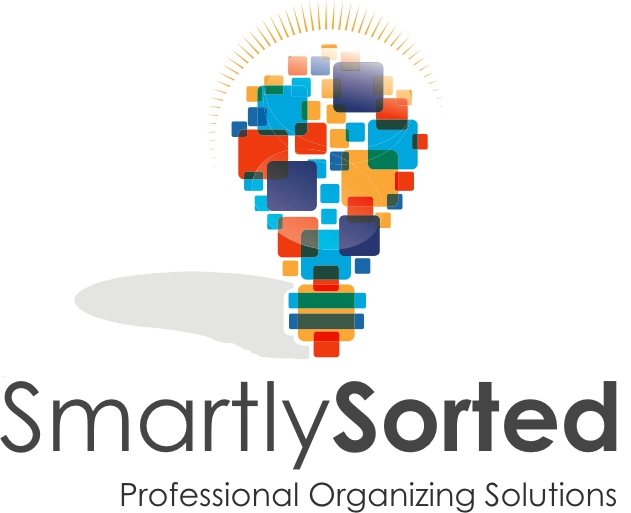The Power of 'Should'
The Power of Should
This week I was working with a friend, helping to sort through the piles of paper in an attempt to locate the desktop. For a Professional Organizer this is pretty standard stuff. As we progressed through the stacks, I noticed a reoccurring theme that went something like this:
Me: What is this pamphlet?
Friend: The guide from a museum I visited in Paris.
Me: Exciting, when was that?
Friend: 2011
Me: And why are you still holding on to it?
Friend: I really should put it in a scrapbook.
…
Me: What is this paper?
Friend: Notes from my German class.
Me: The one you’re in now?
Friend: No – that was from year 2 (I think)
Me: And why are you holding on to it?
Friend: I should put together a study binder, in case I need it later.
…
Me: What is this thing-a-ma-jig? **a teeny sword
Friend: A letter opener.
Me: Do you ever use it?
Friend: No – I don’t think I’ve ever used it, actually.
Me: Why are you holding on to it if you don’t use it?
Friend: I should keep it, my aunt gave it to me.
Do you sense the underlying theme here?
Should: It is such a simple word. One syllable, six letters, with so many heavy implications. Each “should” (whether spoken or thought) is a stone, on a pile, that becomes a hill, and eventually a mountain: a mountain of our own making that we eventually must conquer, or it will conquer us. ‘Should’, the stuff we attach to it, and often the associated thoughts and judgments about ourselves, can keep us from making decisions, from moving forward, from being efficient and effective – from feeling free.
What can we do to understand and overcome our ‘Should’s?
I wrote it down on a sticky note for my friend (and later for myself) in big bold capital letters: SHOULD.
When we think or say ‘should’, it must be followed by 2 questions:
Why? (if your only answer is “well…because”, that’s not the best sign)
What happens if you don’t? (are there financial consequences, emotional consequences?)
They sound like harsh questions, and they can feel that way sometimes – but the goal isn’t to punish or shame. The goal is to help you understand whether your ‘should’s, your ‘things’, and your thoughts are working for you, or against you. Once you understand, you are empowered and able make informed decisions about what to do with your stuff, your thoughts, and (ultimately) your time.

